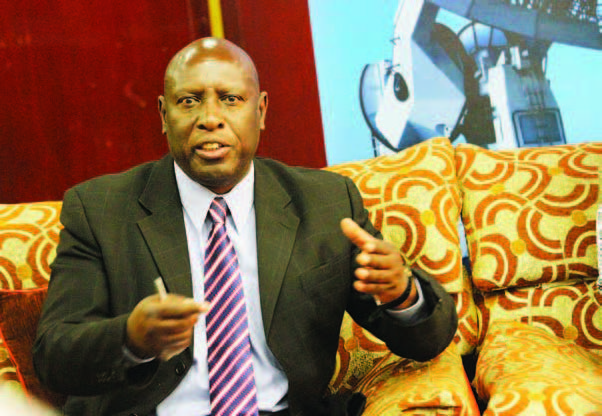
The People’s Democratic Party (PDP) has made claims that the on-going power cuts in Zimbabwe have led to increased deaths at government hospitals.
BY OBEY MANAYITI
PDP secretary for Energy and Power Development, Earnest Mudavanhu said the opposition party learnt of the disturbing development during its provincial meetings.
“During its provincial assembly meetings that are being held across the country, the party leadership has heard shocking reports from the people narrating how they have lost their loved ones who were undergoing surgery at various public hospitals due to power cuts,” Mudavanhu said.
“Most government hospitals have been left with no capacity to handle complex medical operations due to unreliable power supplies, with some critical institutions going for over 18 continuous hours without electricity.
“The reported deaths are coming at a time when the local power industry, in particular Zesa, is headed for total collapse as it has emerged that the government has no capacity to meet national electricity demands in the near future,” he said.
Mudavanhu said it was regrettable that the government had not bothered to develop or construct new power stations since 1980, only starting to make promises of refurbishment and establishing new plants at the height of power cuts.
The minister of Energy, Samuel Undenge, however, dismissed the allegations, saying according to government policy, critical institutions like hospitals were not affected by load-shedding.
- Chamisa under fire over US$120K donation
- Mavhunga puts DeMbare into Chibuku quarterfinals
- Pension funds bet on Cabora Bassa oilfields
- Councils defy govt fire tender directive
Keep Reading
“Our policy is that critical institutions like hospitals should not be affected by load-shedding. Over the past weeks, electricity delivery has quite improved and hours of load-shedding have lessened,” Undenge said.
“Unless if there is a fault, which is different from load-shedding, we have a policy that critical institutions should not be affected. I don’t think the allegations are correct.”
Itai Rusike of the Community Working Group on Health (CWGH) said they had not received such reports.
“We have not received reports on that. There may be a few cases but we haven’t received anything from the ministry,” he said.
Rusike added that they had been advocating for prioritisation of electricity supplies to hospitals.
“We have been saying we should have dedicated lines for hospitals, that don’t get affected by load-shedding. Hospitals need this priority because they are an important area,” he said.
Rusike, however, said power cuts disrupted hospital operations, including the storage of different types of medicines.
Permanent secretary in the ministry of Health and Child Care, Gerald Gwinji said although he had not received any specific reports on the deaths, power cuts did indeed disrupt some important processes.
He said in some instances, theatre processes had to be postponed because there was no power and also because hospital machinery needed electricity to work. Without power, he said, many important processes had to be shelved.











